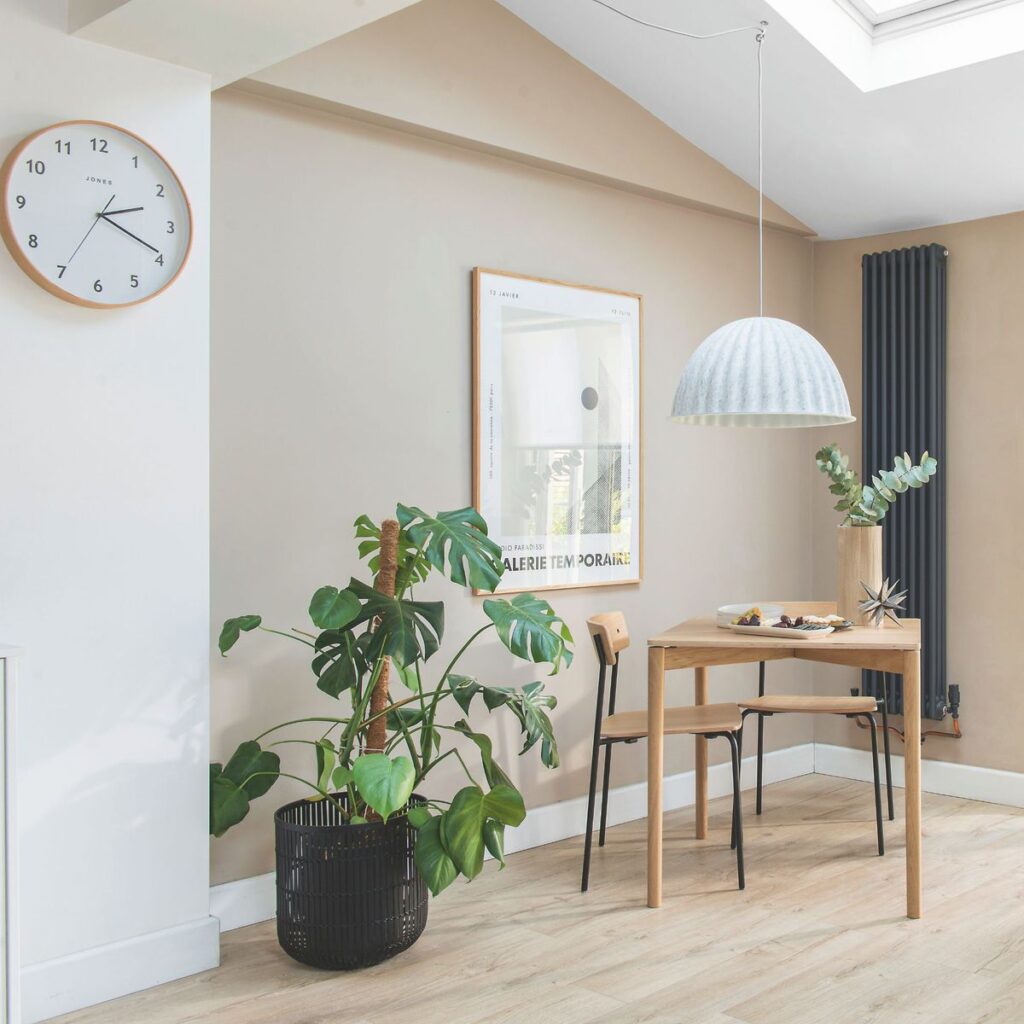Much of the garden is asleep during the colder months, but do houseplants go dormant in winter, too?
Well, as with plenty of other houseplant queries, the answer depends on the type of plant you own. While the growth rate of many indoor plants slows right down this season (and that’s why you need to adjust how you care for houseplants over winter), not all of them remain entirely dormant.
There are a few exceptions, though, which is why we checked in with houseplant experts to suss out which plants do go dormant in winter…
What does dormancy mean?
Before we consider whether houseplants go dormant in winter, we need to take a look at what dormancy actually means.
‘By dormancy, we mean when a plant stops actively growing in response to a change in light levels (day length) and temperature,’ explains Kelly Dyer, plant doctor at Patch Plants.
So, we’re talking about plants that stop growing during the winter months. Many houseplants do stop actively growing this season, but there are different levels of dormancy, depending on which houseplant ideas you’ve gone for.
‘Some plants have adapted to lose all of their leaves (what we call ‘dying back’) and storing the energy they’ve gained during the growing season (usually spring to summer) in their roots and stems, while other plants simply conserve energy by losing some leaves and not putting on any new ones, remaining in a state of homeostasis,’ says Kelly.
While a few plants, like Caladium, fall into the former category and die back to dormancy during the winter, Kelly says the majority of houseplants don’t resort to such extremes.
‘This latter category includes most UK houseplants because they’re not actively growing and drawing up as much water from their roots for the processes of transpiration and photosynthesis,’ she says.
What kind of houseplants are we talking about here?
‘Examples include everything from philodendrons to Ficus and monsteras,’ says Kelly. ‘The extreme end of this includes cacti and succulents which need absolutely no water over the winter months because they have everything they need stored in their fleshy leaves and stems.’
Others, however, enter a period of total dormancy, often dying back and losing their leaves.
‘Some plants will go through an entirely dormant phase to preserve energy over winter,’ says Elise Harlock, houseplant expert at Prestige Flowers. ‘They include Alocasia, also known as elephant’s ear, and carnivorous plants such as Sarracenia.’
How to care for dormant houseplants
Even if you own the most unkillable houseplants, you’ll need to alter your winter plant care regime to ensure they survive their period of dormancy.
‘Many houseplants go through a dormant phase during the winter months where they will grow very slowly, or not at all,’ says Elise.
‘It’s important to change care habits as it gets colder and the days get shorter, as houseplants will require much less watering and little to no feeding.’
So, scale back the watering and try not to fertilise your houseplants during the winter, especially if you suspect they’re dormant.
Some houseplants are especially susceptible to root rot caused by overwatering during winter.
‘This is particularly risky for plants like the snake plant (Sansevieria), ZZ plant, elephant’s ear (Alocasia), Oxalis (shamrock) and Ceropegia (string of hearts) which have fleshy roots or stem adaptations that can very quickly go from firm to mushy,’ says Kelly.
Keep an eye on the soil and you shouldn’t have to worry about learning how to save an overwatered plant!
What you’ll need
Westland Watering Indicator
This handy watering indicator will help you make sure you aren’t overwatering your plants in winter.
Small Indoor Watering Can
A simple indoor watering can to keep your houseplants topped up – but don’t overdo it!
IKEA HASSELBUKETT Plant Pot
FAQs
How long can houseplants go without water in winter?
Although you can scale watering right back for most houseplants during the colder months, you shouldn’t neglect your plants altogether. In fact, letting your plants go thirsty is a common winter houseplant mistake.
Generally, you shouldn’t be watering your houseplants more than once a week during the winter months. Of course, guidelines varies depending on the type of plant you own, so do a little background research and keep an eye on the soil. If the top couple of inches are dry, it’s probably time to give it a little water.
So, do houseplants go dormant in winter? Yes! But many simply slow right down to conserve their energy until spring arrives.
Read the full article here

